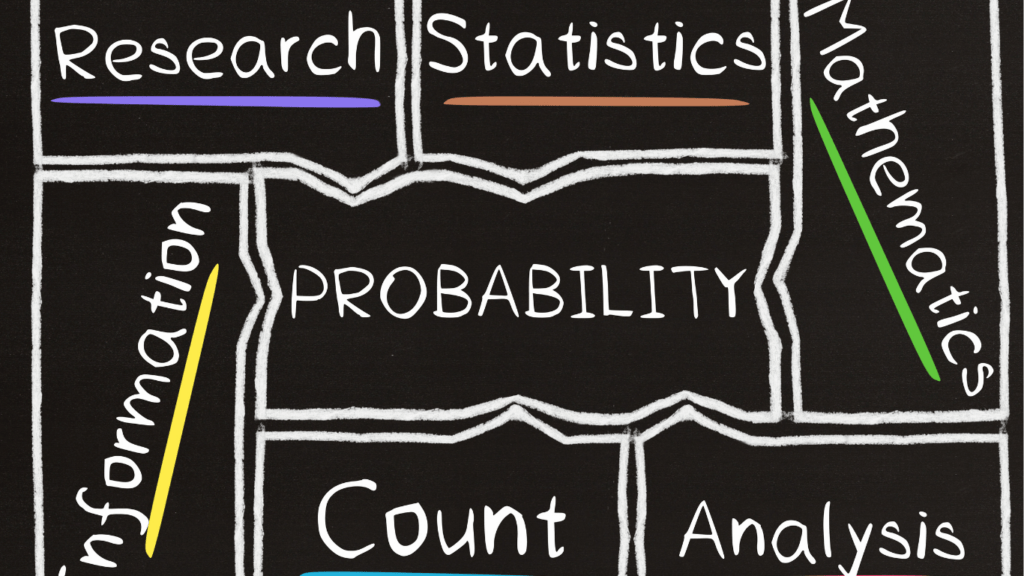Can Luck Be Measured? Insights from Research, Statistics, and the Science of Chance
Understanding Luck: A Philosophical and Scientific Perspective Luck often sparks debate between philosophical thought and scientific investigation. Philosophers frequently view luck as an external force, beyond our control, influencing events unpredictably. Ancient texts, like Aristotle’s […]
Can Luck Be Measured? Insights from Research, Statistics, and the Science of Chance Read More »










